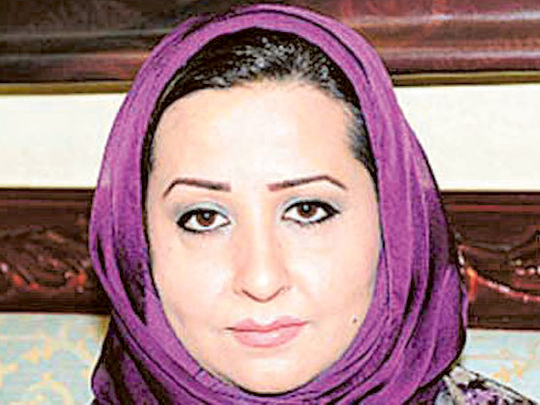
Manama: Kuwait’s new labour policy will not shut out foreigners, but will be more selective in who will be permitted to work in the country, the social affairs and labour minister has said.
“The ministry is currently working on the outline of strategy that will reduce the number of marginal and illegal workers,” Dhikra Al Rashidi said. “The aim of the strategy is to address the demographic issue and regulate the labour market in the country. Kuwait will remain an open country for experts, consultants, technicians with rare specialisations who are truly indispensable for the development and prosperity of any country,” she said, local media reported on Monday.
Last month, the minister said that Kuwait would be embarking on an ambitious plan to reduce the number of expatriates, making up two-thirds of the country’s total population, by one million within ten years.
Under the plan, 100,000 foreigners would have to leave the country every year.
Kuwaitis, alarmed about the country’s demographics and the social and ethnic “threats” to their country, warmly welcomed the announcement.
However, it sent a chill down the spine of the business community almost totally dependent on foreign labour and economic analysts concerned about development plans in the country that relied heavily on labour mainly from Asian countries.
Criticism levelled at the decision included possible human rights abuses against a segment seen as the most vulnerable in the Kuwaiti and Gulf societies.
In her statement on Sunday, the minister, who was given the labour portfolio in December, said that the situation of marginal labourers has “long tarnished the image of Kuwait in international labour and human rights organisations”.
The controversial “kafala” (sponsorship) system adopted by some countries in the Gulf region has often been criticised for giving employers almost absolute power over their employees and for allowing the illegal business of trafficking in visas to thrive.
Under the system, a foreigner cannot enter or leave the country or take up a job without the expressed approval of the employer.
The system was introduced to help regulate the presence of millions of foreigners in the Gulf countries, but it has often been abused through unscrupulous practices.
Traffickers used loopholes to bring in unsuspecting foreigners lured by lucrative contracts on bogus offers, but left them without work or proper papers in the host country.











